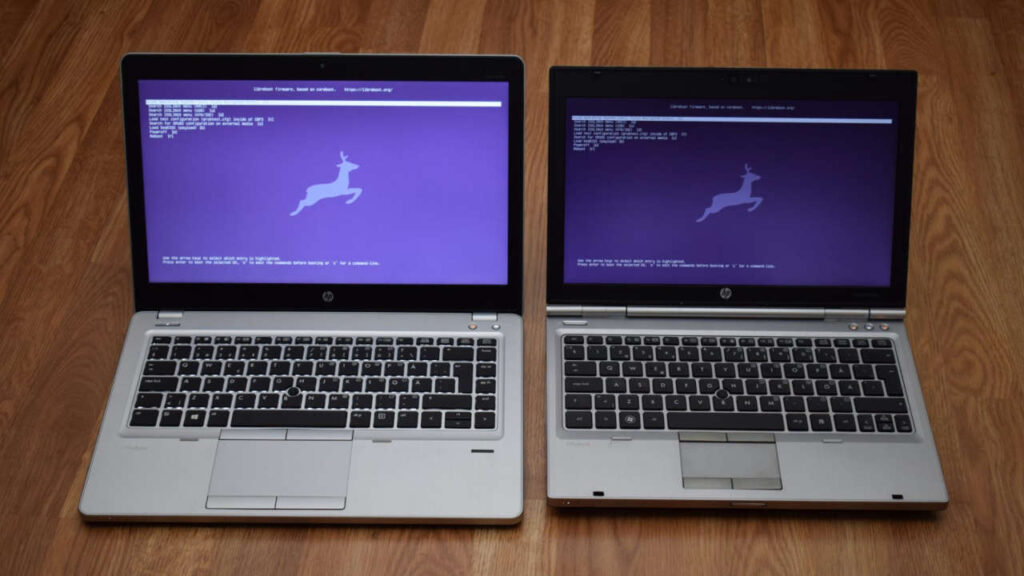The latest version of the free and open-source BIOS/UEFI alternative extends compatibility to more devices, improves GRUB support for encrypted systems, and strengthens its commitment to user control and transparency.
In a world where most computer firmware remains opaque, locked down, and controlled by vendors, Libreboot continues to be a beacon for those who believe in full software freedom — right from the boot process. With the release of Libreboot 25.06, the project takes another solid step forward, offering support for more devices and bringing technical enhancements that serve real user needs.
Announced by project lead Leah Rowe, this new version expands hardware support to include motherboards such as the Acer Q45T-AM (akin to the G43T-AM3), as well as Dell Precision T1700 SFF and MT systems. For those working with older, business-class hardware, this kind of support is a game-changer — giving aging machines a new life, free of proprietary firmware.
In addition, this release officially includes images for the HP EliteBook 820 G2, further broadening Libreboot’s reach across enterprise-grade laptops.
More than support: a better boot experience
Libreboot 25.06 isn’t just about expanding compatibility. It also brings improvements to the boot process itself, particularly for Linux users who rely on encrypted disks or logical volume management (LVM).
GRUB, the default bootloader in Libreboot, now offers improved scanning of LVM volumes — especially important when /boot partitions are encrypted. This means smoother, more reliable auto-boot behavior in popular Linux distributions, especially those focused on privacy and security.
Libreboot has also taken steps to improve USB hub support in GRUB for xHCI devices, enabling non-root access in environments where this was previously a limitation.
Behind the scenes: smarter, safer, cleaner
This version also improves the Libreboot build system (lbmk) with better error handling and more reliable caching of Git repositories and downloaded firmware files — making life easier for contributors and developers compiling their own firmware images.
Security gets a silent upgrade too. By disabling hyperthreading by default on the ThinkPad T480 and 3050micro, Libreboot addresses potential vulnerabilities associated with speculative execution. It’s a move consistent with the project’s philosophy: favor security, transparency, and simplicity over unnecessary complexity.
The release also trims fat by removing redundant source files, updates dependency configurations for building on multiple Linux distributions, and adds stricter checksum verification for project files — ensuring greater integrity and trust in every build.
A human message, hidden in the code
Libreboot’s evolution isn’t just technical — it’s ideological. Every release reminds us that software freedom is not just a developer concern, but a user right. The ability to control what your computer does before the operating system even boots is powerful — and necessary — in a time when vendor firmware increasingly acts as a black box.
This release even includes subtle fixes like replacing problematic characters in nvmutil to improve compatibility with shells like ZSH, and fine-tuning memory reservations with E820 markings in the GRUB payload. These details may go unnoticed by most, but for those who care about free systems down to the last bit, they matter.
Available now
Libreboot 25.06 is available for download from the official Libreboot website. The full release notes offer a detailed breakdown of all updates, bug fixes, and hardware changes.
As firmware becomes a growing battleground for privacy, security, and user autonomy, Libreboot continues to push for a world where users truly own their machines — from the moment they power on.

